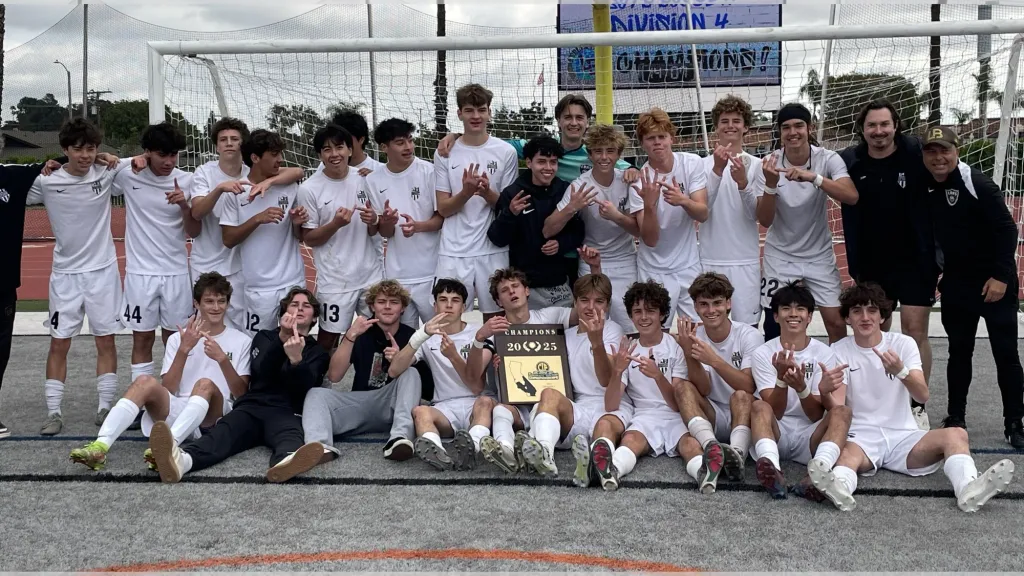If you are a college football fan then you have probably heard that this year the NCAA is making a change to the amount of teams allowed in the College Football Playoffs. The sport is changing its original four-team format in the playoffs to 12. This is a big change in the NCAA as teams will now compete in multiple rounds before they can make it to the National Championship.
- The first round will begin on December 20th and 21st
- The quarterfinals occur on New Year’s Eve and New Year’s Day
- The semifinals will take place on January 9th and 10th
- The 20th CFP will end with the National Championship game in Atlanta.
The Mercedes-Benz Stadium is home to an NFL football team, the Atlanta Falcons. The stadium is known for its 20-plus event rooms and high technological features, and it can also host up to 70,000 people. You may be wondering what inspired a rule change of a format running since 2014. Last year, Florida State went 13-0 and was 8-0 in their conference, the ACC. The FSU team was made up of many of the top national players at their respective positions, with many selected very high in this year’s NFL Draft. The squad featured players like Keon Coleman (WR), Johnny Wilson (WR), Jaheim Bell (TE), Trey Benson (RB), and their leader at quarterback, Jordan Travis. The team had a great defense, too, with top players like Jared Verse (DE), Brandon Fiske (DT), Renardo Green (CB), and Jarrian Jones (CB). Even though they didn’t lose a single game, Florida State still wasn’t voted into the College Football Playoffs by the CFP Selection Committee. This shocking decision enraged many people; however, some believed that the committee made the right selection. There are two main arguments around this decision that kept Florida State out of the playoffs and, in turn, possibly robbed them of a chance at the CFB National Championship.
The first argument was that the conference that Florida State is in, the Atlantic Coast Conference, wasn’t competitive enough; it could be said that FSU just beat a bunch of terrible teams resulting in an undefeated run. However, the main reason why FSU wasn’t allowed into the CFB playoffs was that their star quarterback, Jordan Travis, sustained an injury. Travis broke his leg versus Northern Alabama just 2 games before the playoffs and playoff voting. After learning of FSU’s playoff contention being denied, Travis commented on X/Twitter, “devastated. heartbroken. In so much disbelief rn, I wish my leg broke earlier in the season so y’all could see this team is much more than the quarterback.” After Travis’s injury, the committee felt there was no reason to include Florida State in the playoffs since their star quarterback wouldn’t be there to help his team win the game. Therefore, the committee felt that it was best to not include FSU in the playoffs as they would most likely lose to an elite team in the playoffs. Travis’ injury resulted in him being drafted in the fifth round instead of higher up as was assumed. Florida State then went on to play Georgia in the Orange Bowl, but they were defeated 63-3.
However, the main reason for this was that every single one of FSU’s star players who were up for getting drafted opted out, mainly because they were denied playoff contention and also didn’t want to risk injury; Georgia had almost all of their top players. Currently, FSU is 0-3 as they lost to three unranked teams: Georgia Tech, Boston College, and more recently, Memphis. So, because of FSU’s rollercoaster 2023 season, the NCAA decided to implement the 12-playoff format to allow more teams a shot at the title. There will hopefully be much more competition and allow for a more exciting CFB playoff.















Ms. Paulino | Sep 28, 2024 at 9:25 am
Great article! I love how you highlighted the changes in the playoff format and the impact it will have on college football.
Daphne | Sep 25, 2024 at 9:50 am
Great information! Great article! Looking forward to reading your next one!